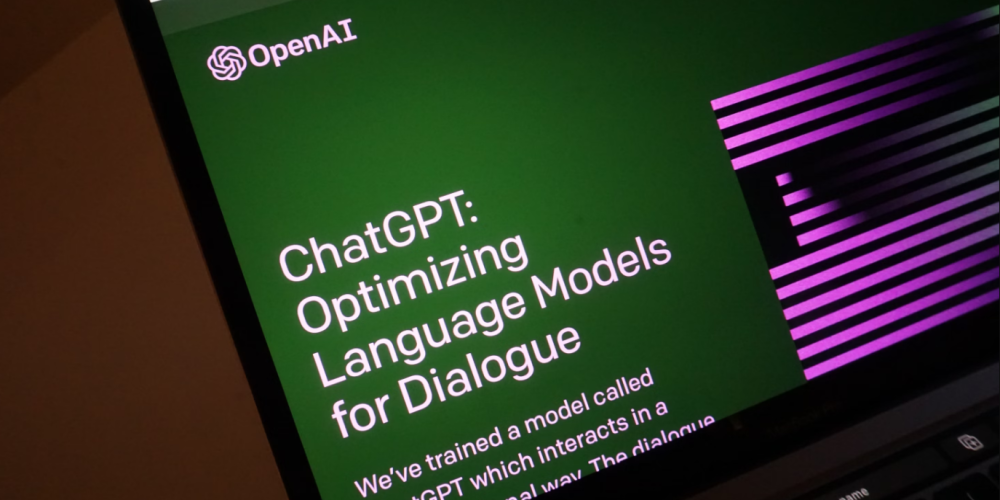The Evolution and Ethical Dilemmas of Sora: OpenAI's Text-to-Video
- 2024-04-07 14:00

In a technological ecosystem where innovation is the key to survival, companies like OpenAI have been at the forefront, pushing the boundaries of what artificial intelligence (AI) can achieve. Notably, the introduction of Sora, OpenAI's text-to-video model, has once again underscored the profound capabilities of AI, producing videos of startling fidelity. This leap forward, however, has ignited a spirited debate concerning the origins and ethics of the data used to train such advanced systems. As OpenAI navigates through this complex terrain, questions arise regarding the implications of using content from platforms like YouTube and the responses it has elicited from industry giants.
At the heart of this discussion lies the intricate process of training AI models. Contrary to the seamless output seen by users, the technology underpinning models like Sora is built upon vast datasets consisting of images, videos, and text from myriad sources. The concern over whether these sources have been rightfully utilized for training purposes has cast a shadow over the otherwise impressive achievements of AI technology. The ambiguity surrounding the sourcing of this data was highlighted when OpenAI's CTO, Mira Murati, in a conversation, revealed a level of uncertainty regarding the specifics of the data used for Sora's training, a fact that has sparked considerable discourse within the tech community.
Compounding the issue is the recent stance taken by YouTube, a potentially invaluable repository of multimedia data. The platform's CEO, Neal Mohan, expressed unequivocal disapproval of using YouTube's content for training AI without explicit permission, citing it as a violation of their terms of service. This standpoint not only underscores the growing concerns over data ethics and ownership but also hints at the brewing tensions between major tech firms as they grapple with the implications of AI advancements on content creation and copyright.
On the flip side, this scenario brings to light the inherent challenges and responsibilities that come with pioneering in the AI space. While companies like OpenAI are lauded for their innovative strides, they are also tasked with navigating the legal and ethical nuances of data usage. The development of internal guidelines and adherence to external regulations becomes paramount in ensuring that the training of AI models remains both groundbreaking and conscientious.
In conclusion, the controversy surrounding the training data for AI models such as OpenAI's Sora exemplifies the complex interplay between innovation, ethics, and legalities in the digital age. As AI continues to evolve, achieving a balance between technological advancement and responsible data usage will be crucial. The dialogue triggered by these developments not only shines a light on the potential of AI but also on the collective responsibility of tech entities to forge a path that respects both creativity and copyright. The future of AI, teeming with possibilities, rests on the foundations of transparency and collaboration among all stakeholders involved.





